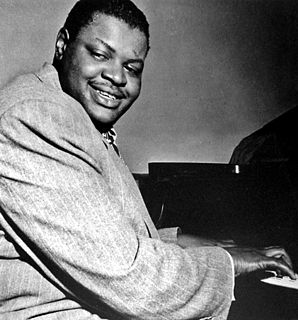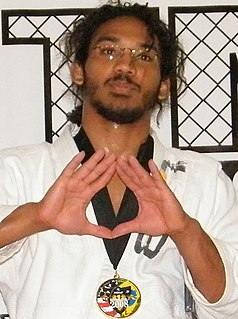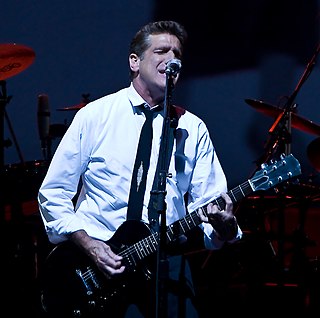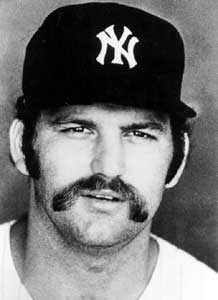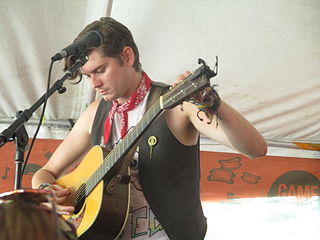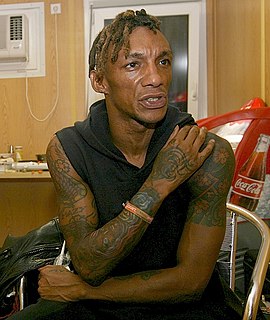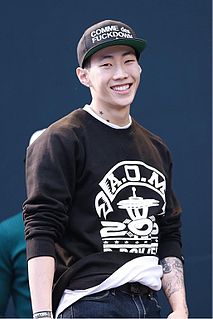A Quote by Joe Nichols
If one artist sells five million albums, the tendency is for other artists to say, 'Maybe I should do a little of that, too.' That can be tough to resist.
Related Quotes
If you want to live your life in a creative way, as an artist, you have to not look back too much. You have to be willing to take whatever you’ve done and whoever you were and throw them away. The more the outside world tries to reinforce an image of you, the harder it is to continue to be an artist, which is why a lot of times, artists have to say, “Bye. I have to go. I’m going crazy and I’m getting out of here.” And they go and hibernate somewhere. Maybe later they re-emerge a little differently. (Steve Jobs)
I ended up writing songs and growing up in public with my songwriting. And it's a good thing for me back then: in the early '70s, there was a thing called artist development, where an artist could find his feet, find himself, find his voice. I think I made five or six albums before I sold five or six albums.
I was worried that I, the artist Morimura, would have conflicts with the participating artists and develop a strenuous relationship with them. But the actual experience was completely the opposite. The artists accepted my requests rather positively, because it came from a fellow artist. I strongly feel that the fact that my being an artist avoided the usual curator vs artist tension, and led to creating a positive atmosphere as well as developing a solidarity amongst artists and building a community for artists.

